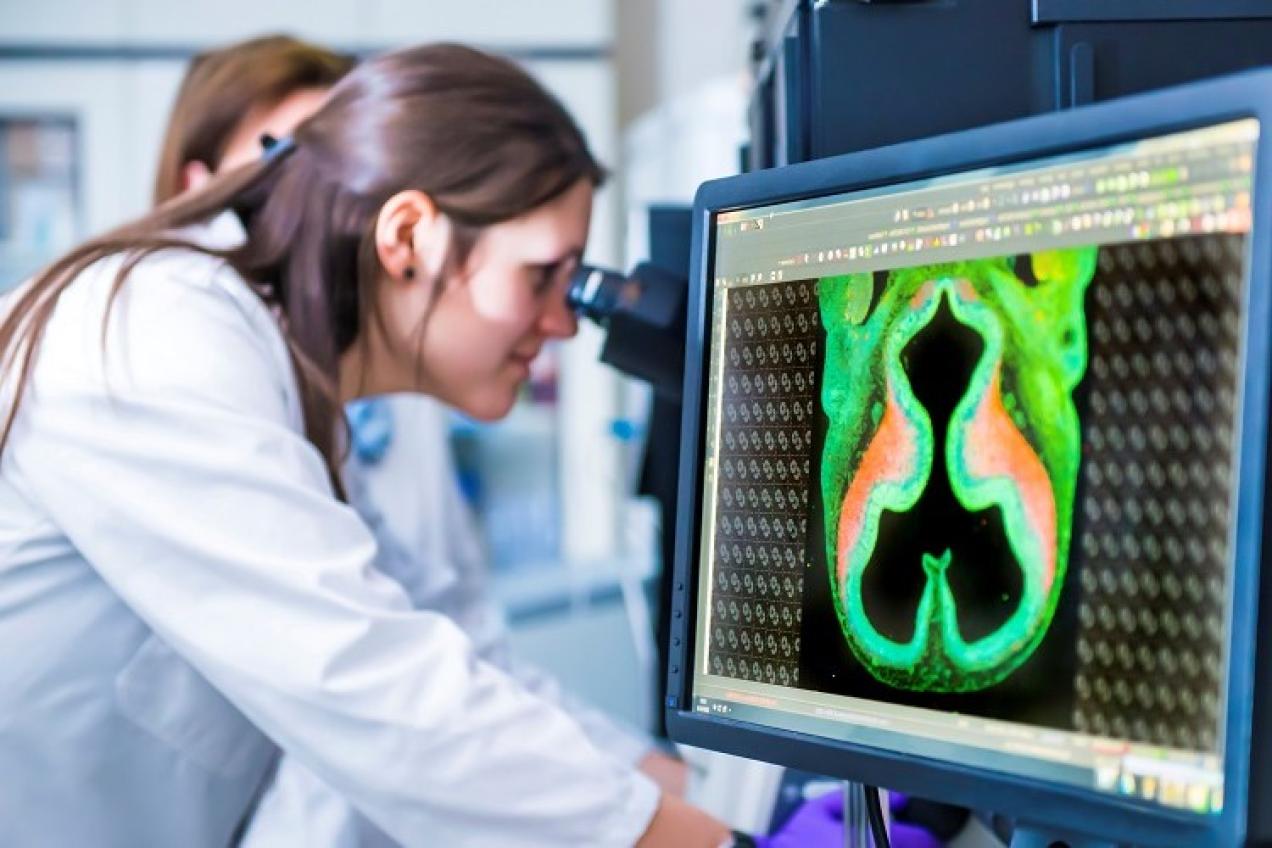What is radioactivity?

When we talk about radioactivity, we mean the natural process by which excess energy in a nucleus is emitted in the form of a particle or radiation.
When you look at matter (everything that something is made up of, such as your body, a chair, a bottle of water, etc.) on a very small scale, you get to the level of atoms. Each atom, in turn, is made up of very small particles again: protons and neutrons that sit together in a nucleus, and electrons that float in a cloud around the nucleus.
If the composition of the nucleus is not optimal (for example, if there are too many neutrons relative to the number of protons, or if the nucleus simply becomes too large due to too many particles), we are talking about an unstable nucleus. An unstable nucleus (has too much energy) would like to move to a more stable state (with less energy). In that transition process, the excess energy is emitted in the form of particles (alpha, beta or neutron) or radiation (gamma radiation). This is a natural process that occurs spontaneously; radioactive isotopes can therefore be found everywhere: in the environment, in our food, in our bodies, in construction materials, etc.
So you could say that radioactivity is a way for an atom's nucleus to get rid of a surplus of energy.
We cannot perceive radioactivity with our senses (hearing, tasting, seeing, feeling, etc.), but it can be measured. Radioactivity is used in medical applications (e.g. to detect and treat cancer) and industrial applications (e.g. for thickness measurements, energy generation, sterilisation of materials, etc.).
Ionising radiation is the collective name for high-energy particle and wave radiation that can ultimately cause damage to our bodies. So we have to protect ourselves from ionising radiation through various measures, such as limiting exposure time, maximising the distance between ourselves and the source, and using shielding.
Read more in the UNEP publication 'Radiation: effects and sources'.